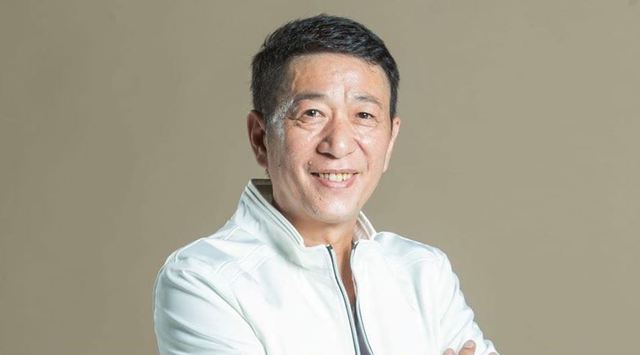Taiwan is consolidating its position as the best Asian country for press freedom. Meanwhile, the situation in Hong Kong continues to deteriorate due to increasing pressure from China, Reporters Without Borders says.
Reporters Without Borders (RSF) today released its annual World Press Freedom Index, with Taiwan climbing six places from last year to 45th out of the 180 countries measured in the index.
Taiwan thus keeps its status as by far the freest country in Asia regarding media, before South Korea (63) and Mongolia (69). Unfortunately, the opposite has occurred in Hong Kong, which fell another four places to 73rd. Only seven years ago, in 2010, Hong Kong ranked 34th.
Not surprisingly, the dramatic fall of Hong Kong is a result of growing Chinese influence.
“As China’s economic and political powers increases in the world, the Chinese authorities are increasingly lobbying and pressuring for governments and companies to embrace their vision of a total control of media and information,” said Cédric Alviani, director at Reporters Without Borders’ new Asia bureau in Taipei.
Media in Hong Kong are encountering increasing difficulties reporting on local government or covering sensitive stories in China proper. The purchase of Hong Kong media by Chinese Internet companies or other actors with close ties to the Chinese government is described as “extremely disturbing.”
Furthermore, the city’s outspoken journalists are “exposed to violence by the Chinese Communist Party’s henchmen,” according a press release accompanying the 2017 index. While worrying, this development is hardly new and was explained in detail by Reporters Without Borders last autumn in its report “The invisible hand on Hong Kong’s media.”
As for China, Alviani notes that “the situation hasn’t improved at all.” Like last year, China ranks 176th, behind Cuba, Vietnam and Sudan.
The 2017 World Press Freedom Index is a very sad reading indeed, which can be summed up by the quote: “Media freedom has never been so threatened.”
Describing Chinese President Xi Jinping as “the planet’s leading censor and press freedom predator,” Reporters Without Borders adds that he has been the instigator behind policies with the purpose of creating an international media order heavily influenced by China. More than 100 journalists and bloggers are currently detained in China.
With this development in mind, the decision by Reporters Without Borders earlier this year to establish its first Asia office in Taipei rather than in Hong Kong seems logical. The bureau will focus on East Asia, an area which according to the 2017 index reflects the global trend of rising strongmen and where attacks on the media have become more common, even in democracies.
One example is Japan, which has been falling on the index since Shinzo Abe became prime minister again; Japan now ranks 72nd, below Victor Orbán’s Hungary. In 2010, Japan ranked 11th.

Taiwanese journalists and photographers gather outside the Legislative Yuan in Taipei on March 18, 2015, for events marking the first anniversary of the Sunflower Movement (Photo: J. Michael Cole)
Alviani maintains that Taiwan’s gain does not reflect real improvements as much as a general deterioration of the situation in the rest of the world. The 2017 World Press Freedom Index is a very sad reading indeed, which can be summed up by the quote: “Media freedom has never been so threatened.”
Since Reporters Without Borders launched the index in 2002, its “global indicator” has never had a higher score (a lower score means more press freedom). This indicator has risen 14 percent in the past five years. In the past year alone, nearly two thirds of the measured countries experienced worsening conditions.
As with Hong Kong, the main threat for Taiwanese press freedom comes from Chinese economic and political pressure. Reporters Without Borders states that “it is no longer rare” to find media outlets in Taiwan “taking a line similar to the Chinese Communist Party’s propaganda.” Even worse, journalistic independence is said to be under fire from government officials directly interfering in state media’s editorial pieces.
Also notable for the region is how North Korea, for the first time since 2007, is at the very bottom of the index, a spot once occupied by Eritrea. “Even listening to a foreign radio broadcast can lead to a spell in a concentration camp” in North Korea, says the report.
You might also like
More from China
A Few Thoughts on the Meng-Spavor-Kovrig Exchange
It is hard not to see this weekend’s developments as a victory for China and the creation of a world …
In Memoriam: Lee Teng-Hui and the Democracy That He Built
The former president of Taiwan is the incontestable refutation of the belief that history is merely an impersonal force, that …
The Making of ‘Insidious Power: How China Undermines Global Democracy’
A new book released on July 30 takes a close look at the agencies and mechanisms of CCP 'sharp power' …









